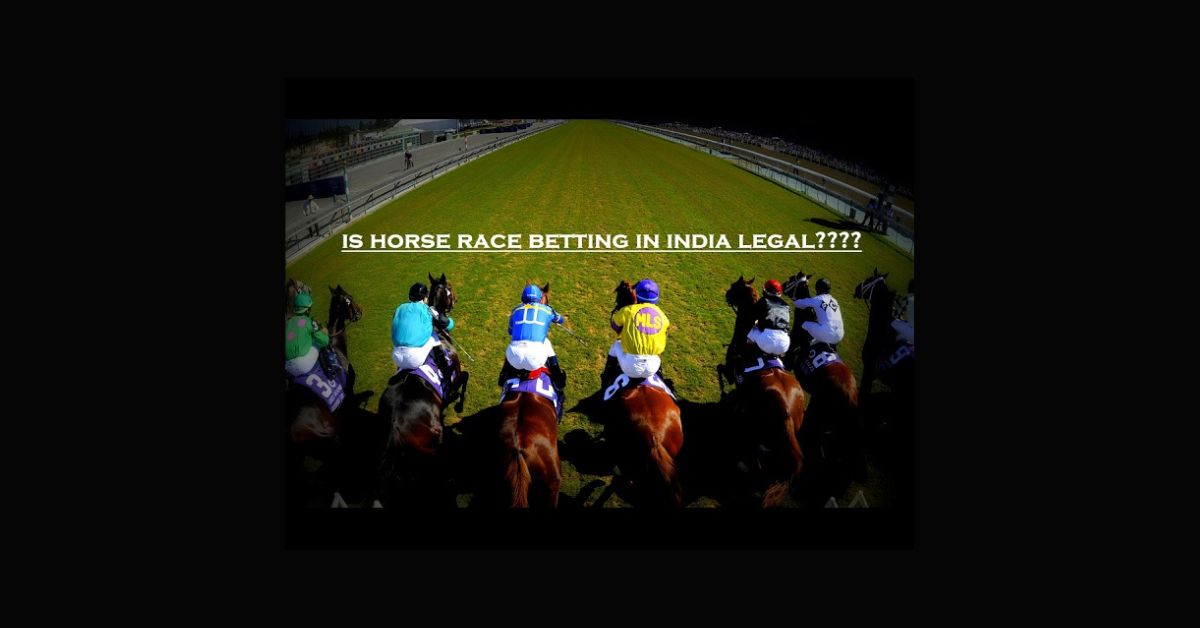Legal Framework of Betting in India
In India, the legal framework surrounding betting is intricate and multifaceted. The Public Gambling Act of 1867, a colonial-era legislation, bans gambling in public spaces. However, the law does not explicitly mention online betting, which has led to ambiguity in its interpretation and enforcement. Additionally, certain states have their own regulations on gambling activities, creating a patchwork of laws across the country.
The absence of a comprehensive federal law specifically addressing online betting poses challenges in regulating the industry effectively. Furthermore, the Information Technology Act of 2000 does not clearly define the legality of online betting platforms, contributing to the uncertain legal landscape. As a result, the legal framework of betting in India remains a topic of debate and contention among stakeholders in the gaming and gambling sector.
History of Horse Racing in India
Horse racing in India has a rich and vibrant history that dates back centuries. The sport first gained prominence during the British colonial era when it was introduced as a form of entertainment for the elite class. Over time, horse racing evolved into a popular pastime that captured the imagination of both the aristocracy and the common people.
The first official horse race in India took place in Madras in 1777, marking the beginning of organized horse racing in the country. From that point on, the sport spread to other regions of India, with racecourses being established in major cities like Mumbai, Kolkata, and Bangalore. Horse racing soon became a symbol of prestige and sophistication, attracting large crowds and significant wagering activity.
Regulatory Bodies overseeing Horse Racing in India
The main regulatory body overseeing horse racing in India is the Turf Authorities of India (TAI). It is responsible for ensuring the integrity and smooth conduct of horse racing events across the country. TAI sets and enforces the rules and regulations governing the sport, including licensing of participants, drug testing of horses, and monitoring of betting activities at racetracks.
In addition to TAI, each state where horse racing is conducted has its own State Racing Board (SRB) to supervise the sport at the local level. The SRBs work in tandem with TAI to maintain consistency in the regulatory framework and address any issues specific to their respective regions. Together, these regulatory bodies play a crucial role in upholding the standards of horse racing in India and safeguarding the interests of all stakeholders involved in the sport.
Laws governing Betting on Horse Racing in India
In India, betting on horse racing is primarily regulated by the Public Gambling Act of 1867. This legislation allows for betting on horse races as it is considered a game of skill rather than chance. The act permits betting at licensed racecourses and through licensed bookmakers.
Additionally, the taxation on horse race betting is governed by the Goods and Services Tax (GST) laws in India. The GST Council has prescribed a tax rate of 28% on totalisator turnover for horse racing. This tax is collected by racecourse operators and contributes to government revenues.
Challenges faced by the Betting industry in India
The betting industry in India faces a multitude of challenges that hinder its growth and regulation. One of the primary obstacles is the absence of a clear and comprehensive legal framework governing betting activities. This ambiguity often leads to confusion among stakeholders and creates loopholes that can be exploited by unscrupulous entities.
Another significant challenge is the lack of uniformity in regulations across different states in India. This disjointed approach not only complicates compliance for betting operators but also makes it harder to ensure fair and transparent practices in the industry.Moreover, the social stigma attached to betting in Indian society adds another layer of complexity to the challenges faced by the betting industry.















